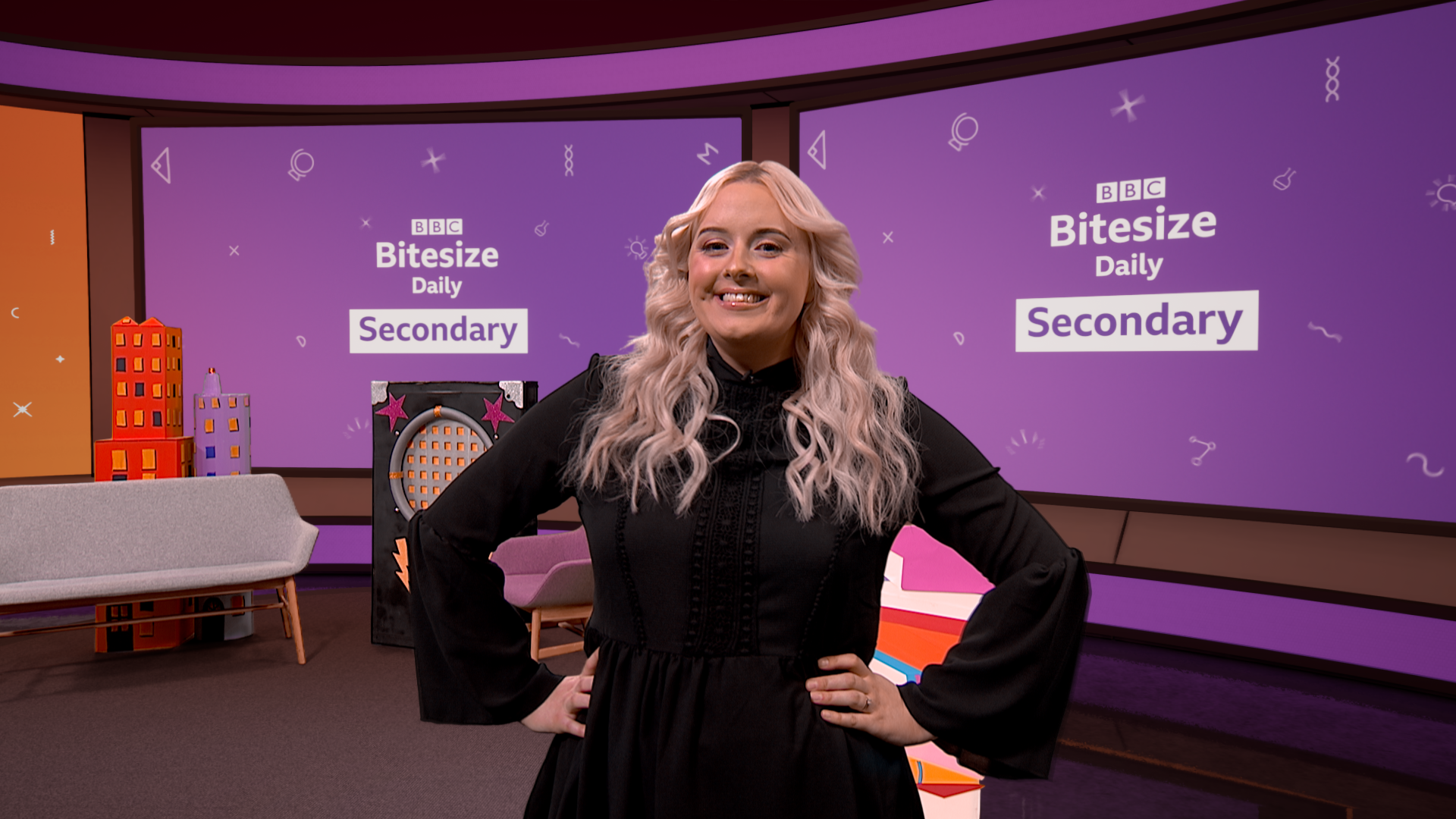Amber is a big gamer, unlike many of her female friends, she loves gaming. She enjoys playing on her Xbox and chats with her friends through Xbox Live (an online gaming subscription service) while playing games with people around the world.
As with many children, she got caught up in the Fortnite craze, which has now gone out of favour with her and her friends.
We once had an incident when Amber was 12 years old.
My husband walked into her bedroom and heard a grown man’s voice talking to her in the headset she was wearing.
I heard my husband say ‘Who are you talking to?’
Amber’s reply was ‘Just a friend in Germany!’
A friend in Germany that sounded like a grown man talking to our 12-year-old girl. Terrifying!
This shocked both myself and Mark, and we didn’t realise that Xbox Live gives you access to people all over the world.
We cancelled her subscription and she didn’t have it for the next year.
Maybe we reacted too over-the-top, but we didn’t have a clue what to do at the time.
We all learned a lesson from that and it opened up our conversation to talk about the dangers online.
I always try and have chats with my kids about what they are doing.
I think the key is to allow them to talk to you and not just tell them off as they are more likely to respond well to that and not shut down and do things in secret.
We encourage them to tell us if they have seen something upsetting or if anyone has been unkind to them.
We have rules for both of them but it is very tricky to monitor their every move online.
Try to guide them to make sure things like the school badge on a blazer or jumper is not in a picture, that their location is turned off. These are simple things but wouldn’t be something we would even have thought about.
We would never, ever, take away our daughters' mobile phone, this is because it doesn’t solve the problem, it just puts up a barrier between you and your child.
Don’t forget, this is their world, and this is their ‘normal’.
























